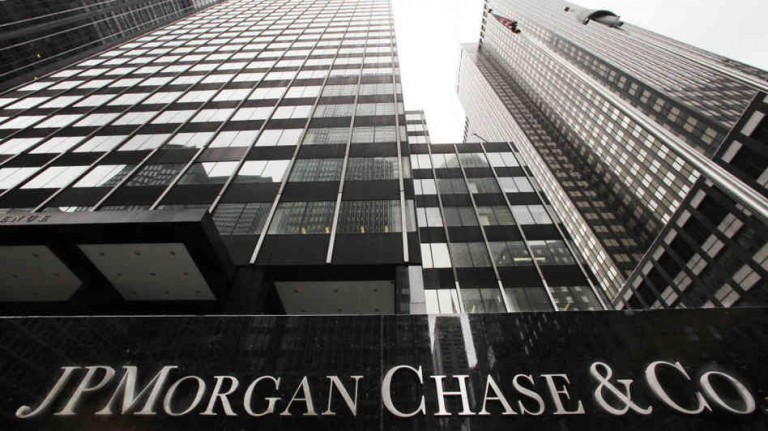
It appears that the worldwide slowdown in economic activities might throw an interesting question as to how far the central banks can go on in easing their monetary policy. The question assumed significance after the Bank of Japan allowed negative interest rates. On top of that, its Governor Haruhiko Kuroda and ECB President Mario Draghi declared that there was no limit as far as easing of monetary policy was concerned. They have joined Denmark, Sweden, and Switzerland, who have all embraced negative interest rates.
Click Here For More Market Exclusive Updates & Analysis
Much Lower Rates Are Seen
Recently, JPMorgan Chase & Co.’s (NYSE:JPM) economists came out with their analysis based on the recent announcement of negative interest rates. JPMorgan economists still see interest rates lower. The analysts studied Switzerland where the rate is minus 0.75%. The economists were analyzing a tiered system since that is the type employed by the Bank of Japan, as well as a few others in Europe. A tiered system means a part of reserves are subjected to negative interest rates.
Based on their analysis, JPMorgan says that if the ECB concentrated on reserves that are equal to 2% of the GDP, then it would mean that central bank’s charges would be minus 4.5% on bank deposits. Currently, it is only minus 0.3% while JPMorgan expects it to reach minus 0.7% by mid-year 2016.
Reserves To Assets
Similarly, the Bank of Japan’s interest rate translates to a minus 3.45% whereas Sweden has a minus 3.27%. The economists believe that if the Fed goes into negative, then it could turn into minus 1.3% while the Bank of England might go to minus 2.69%. JPMorgan economists said that this only reflected the ratio of reserves to assets which was higher in their economies compared to the rest.
They also bet that banks would not likely pass on the policy cost to borrowers thus limiting any possible repercussions. Similarly, they expect restricted pressure on profits for banks or the requirement for stashing cash.




